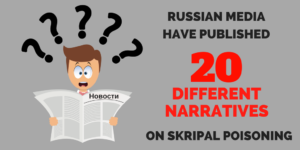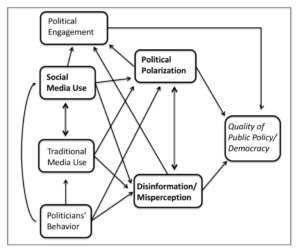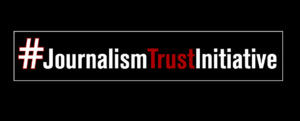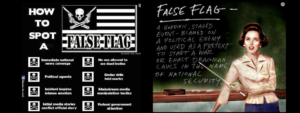 The Kremlin is using Ukraine and the Syrian war to test hybrid warfare techniques such as the co-ordination of fake news with bombs and bullets, two former generals with expertise in unconventional war have told the Times: The Kremlin is using Ukraine and the Syrian war to test hybrid warfare techniques such as the co-ordination of fake news with bombs and bullets, two former generals with expertise in unconventional war have told the Times:
Britain is being targeted with the same weapons, from disinformation put out by state-sponsored media outlets to the military-grade nerve agent attack in Salisbury last month, they argued. “It is all part of one piece,” said General Sir Richard Shirreff, who served as Britain’s top officer in Nato from 2011 to 2014. This is not the Kremlin in a state of conventional war but a framework of thinking that says you are in a state of perpetual conflict,” said General Sir Richard Barrons, a former commander of Joint Forces Command.
But the U.S. is failing to counter such aggression, says Max Bergmann, who leads the Moscow Project at the Center for American Progress. Officials “haven’t spent a dime on countering Russian disinformation,” he tells the Post’s Jennifer Rubin. But how effective is Russian propaganda?  Hewlett Many politicians, pundits and scholars have been asking that question recently, given Russia’s attempts to influence elections through paid online activists, bots and state-sponsored foreign-language television (RT) and radio (Sputnik) programming, according to New York University researchers Leonid Peisakhin and Arturas Rozenas. But it’s not at all clear how well these Russian campaigns work, they write for the Washington Post’s Monkey Cage. A research case study of Russian propaganda in Ukraine (RFE/RL details the Kremlin’s top 5 lies about Ukraine here) finds that it “increased political polarization, pushing individuals on either side of the political spectrum further to the extremes,” they add. But…. Russian propaganda doesn’t always change minds; whether it does very much depends on consumers’ prior propensity to believe or disbelieve its biased media message. However, it does further polarize its audience. And that might make it harder for democracies to build consensus — and remain democracies. “What the Russians have been doing is slowly testing the West, playing on the gray zone of the rules, see what the West will do, and now there’s been a response,” said Brookings analyst Alina Polyakova. “I think the ball is very much in the Russian court to decide: Are we going to continue this confrontation strategy of trying to test the West, or are we going to scale it back?” she told the Atlantic.
East StratCom’s backers hope the nerve agent attack on Sergei Skripal, a double agent, and his daughter Yulia will give the work a fillip. The European Commission is also eyeing the EUvsDisinfo model as ripe for expansion to fight disinformation ahead of European Parliament elections in May 2019. “The Skripal case shows the fundamentals have not changed at all,” argues another EU diplomat. But sceptics question whether tools such as EUvsDisinfo will ever persuade anyone, however professionally they are run. “It’s largely driven by the need to demonstrate activity rather than effectiveness,” says Mark Galeotti, a senior researcher at the Institute of International Relations think-tank in Prague. “The kind of people you are trying to appeal to will not change their minds because the EU has told them to do it.”
“In the new public arena system, in which false information circulate faster than real news, the defence of journalism requires reversing this trend by giving a real advantage to all those who reliably produce news and information, whatever their status,” RSF’s Christophe Deloire said.
In response to the expulsion of diplomats, pro-Kremlin trolls intensified their social media campaign to vilify the Skripal investigation and deny Russian involvement, the Atlantic Council’s Digital Forensic Research Lab reports. @DFRLab just launched a new line of inquiry – #TrollTracker. This week it presents the story #TrollTracker: How To Spot Russian Trolls (right) about clues that help identify probable Kremlin accounts….Read More → |

 “Both hard and soft power testing is a continual process” in both warzones, he added.
“Both hard and soft power testing is a continual process” in both warzones, he added. A website exposing Kremlin propaganda must have sounded compelling to European leaders. But the trials of
A website exposing Kremlin propaganda must have sounded compelling to European leaders. But the trials of  An innovative media self-regulatory initiative designed to combat disinformation online – called the
An innovative media self-regulatory initiative designed to combat disinformation online – called the  European leaders are rushing to implement
European leaders are rushing to implement 





